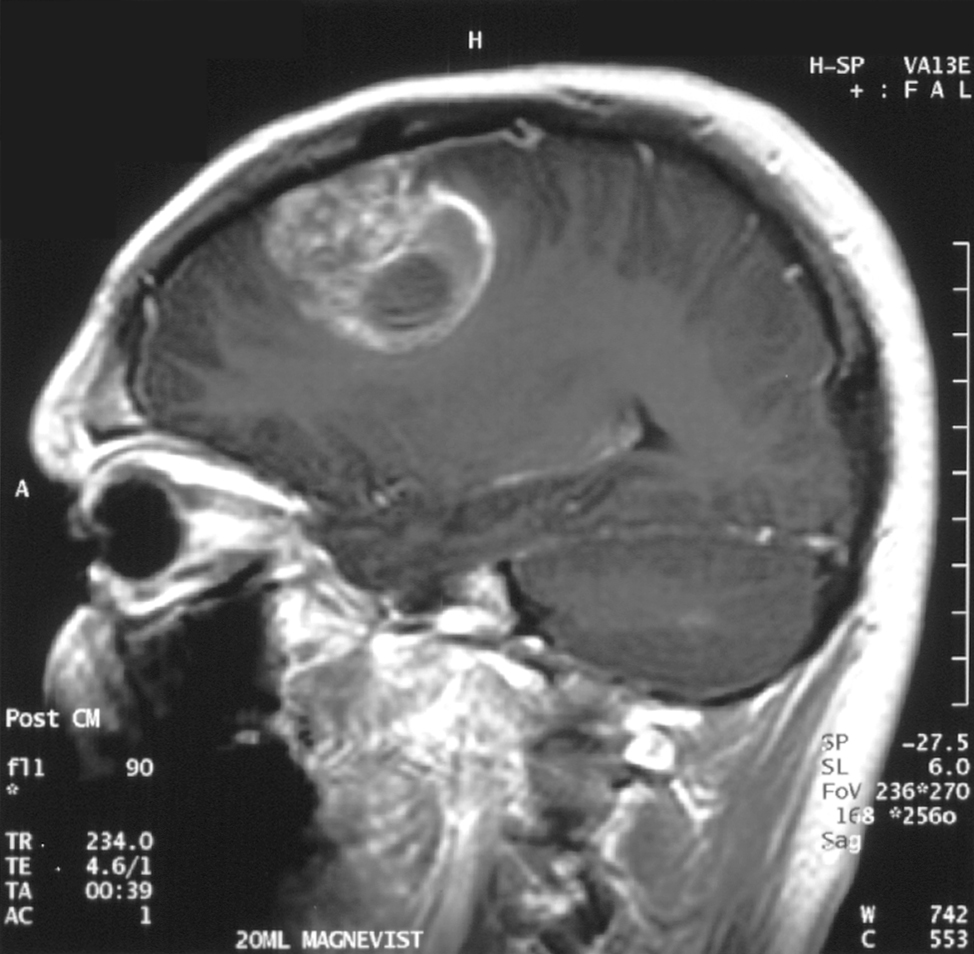
Most people have heard the saying, “It’s not brain surgery.” Well, in this case, it is. David Oliva, president of the Mexican Talent Network Abroad chapter in Belgium has designed a tool to increase efficiency and improve precision during brain surgery. The tool is the size of a small scalpel but contains sensors on the tip that provide a visual and/or auditory display of the tissue status. The instrument is designed to differentiate tissue types and to locate tumors. Although neurosurgeons are meticulous and thorough when prepping for surgery, there are many factors that can lead to the loss of accurate positioning after cranial opening. The surgeon has to greatly rely on their senses of sight and touch along with their own personal knowledge to successfully remove the tumor without causing harm to the patient. This is a quite daunting task due to the enormous repercussions of
making a mistake, which include motor impairment, loss of vital organ function, brain damage, etc. This is also an especially difficult task because a tumor’s physical characteristics are similar to that of a healthy tissue. The brain is the most vital organ in the human body, so any technology that could help to improve the success of brain surgery would be revolutionary.
Surgery relies heavily on microscopic observation or tissue manipulation tools to recognize the tumor. With this new technology, the surgeon is given a much easier and accurate way to detect the tumor before proceeding to remove it. Oliva notes that the sensor technology on the tool can even be minimized to detect tumors in other parts of the body. Not only is this technology changing the face of neurosurgery, but it is also transforming the way all tumor resections are done throughout the body. The prototype of the instrument has already been tested on artificial tumors and brain tissue from pigs and has yielded great results, and it will soon be entering human trials. With this smart scalpel, the surgeon can determine if and when they have removed the tumor in its entirety. This technology can greatly improve the way surgeons perform their work and therefore increase the patient’s chances of survival.
It is riveting to unveil the relationship between technology and clinical medicine and its importance to the advancement of medicine. With the rapid increase in the rates of cancer and chronic disease, there’s greater need for advancement in medical technology, research science, and clinical guidelines to improve clinical diagnosis and disease management. As a future healthcare provider, it is always exciting to learn more about new technologies and innovative ideas to improve the field of medicine.
Intelligent scalpel locates cancerous tumors in the brain. ScienceDaily. April 1, 2016. https://www.sciencedaily.com/releases/2016/04/160401220830.htm
Agnes Ewongwo is a third-year medical student at The University of Arizona College of Medicine – Phoenix. She graduated with a Bachelor of Science in Physiology with minor in Africana studies and biochemistry from The University of Arizona, Tucson. Agnes is captivated by the complex realm of medical technology and passionate about the intersection of research, culture, policy, and humanism in the practice of medicine. She hopes to explore and merge these different areas throughout her medical training and beyond.


